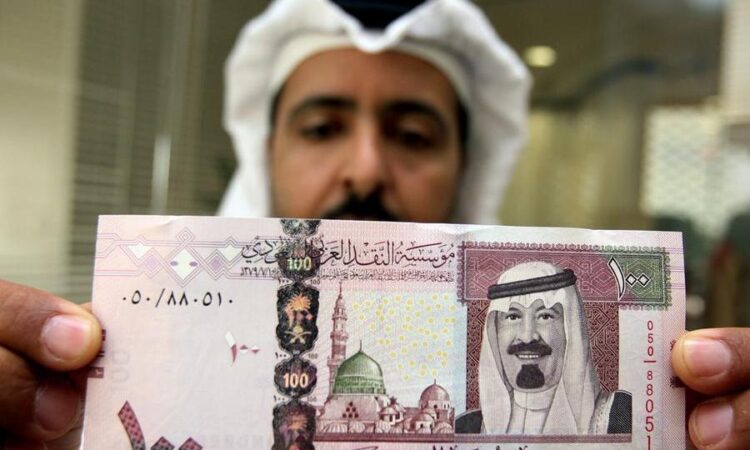
JEDDAH — Ayman Al-Sayari, governor of the Saudi Central Bank (SAMA), ruled out on Thursday any transactions by Saudi financial institutions with troubled US banks. In an interview with Al-Arabiya Television, he said the number of financial technology companies (finetechs) that were licensed by SAMA reached around 100.
Al-Sayari stated that Saudi banks do not deal with troubled banks of the United States of America. He noted that Bank of America attracted more than $15 billion in new deposits after the collapse of the US banks — Silicon Valley, Signature Bank and Silvergate Capital. “Other banks such as JPMorgan, Citigroup and Wells Fargo have also collected new deposits in billions but the numbers have not been disclosed yet,” he said.
Al-Sayari said SAMA continues to cooperate with its partners in developing the banking sector as well as in supporting entrepreneurs and financial institutions in the Kingdom. “The Saudi Central Bank issued a number of regulations to facilitate obtaining of licenses, as the number of fintech companies licensed by the Saudi Central Bank reached about 100 companies. These companies are distributed over a number of sectors within the jurisdiction of the Central Bank, including financing, payments and insurance,” he said.
Al-Sayari said finetch is a promising sector that is undergoing continuous changes and developments, and innovations in this field are important to keep pace with, as the Central Bank has established a laboratory to study new technologies that may serve the Saudi economy.
He revealed that the number of adults who have bank accounts or active digital payments reached 94 percent and that the Kingdom aspires to raise this percentage to higher levels in line with the goals of the Vision 2030.
The SAMA chief noted that there is a common factor between liquidity and interest rates, as interest levels between banks or SAIBOR (Saudi Arabian Interbank Offered Rate) are attributed to several factors, including the main interest, which witnessed increases all over the world. SAIBOR is the key interbank rate in Saudi Arabia, and the benchmark for commercial and consumer lending rates.
Al-Sayari stated that liquidity levels include two elements. “The first is what measures the level of liquidity in the economy — the money supply, which we find grew well in 2022, at a rate of more than 8 percent. Secondly, measurement of liquidity in the short term goes through fluctuations and movements that depend on various technical factors, among which we mention that the Kingdom’s imports in the current account in the balance of payments for 2022 rose by 23 percent, with an estimated amount of SR133 billion,” he added.
© Copyright 2022 The Saudi Gazette. All Rights Reserved. Provided by SyndiGate Media Inc. (Syndigate.info).





